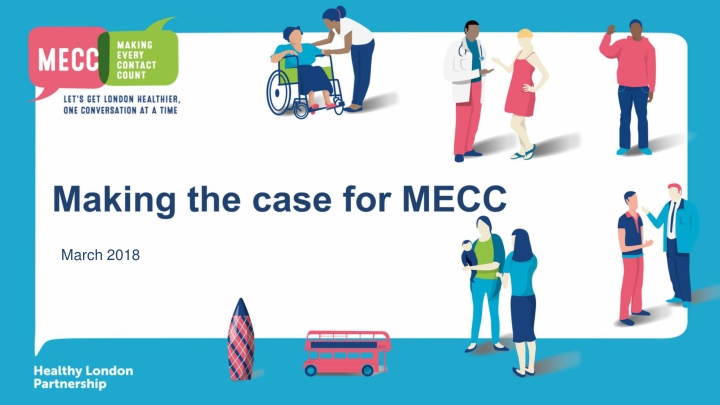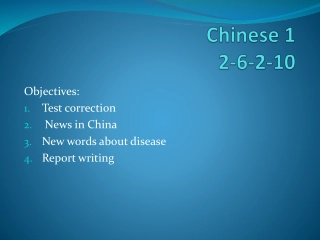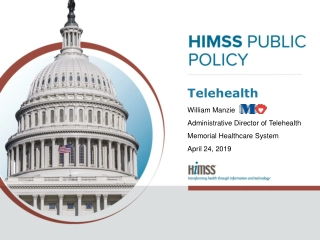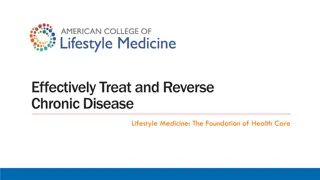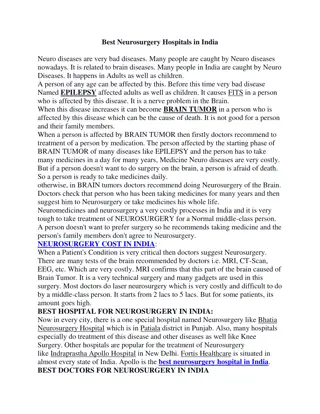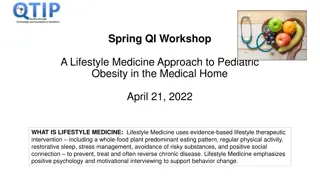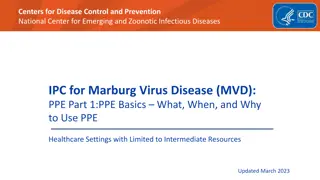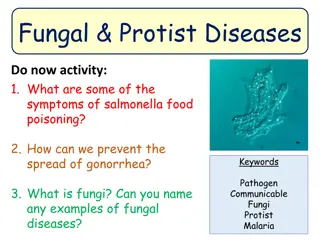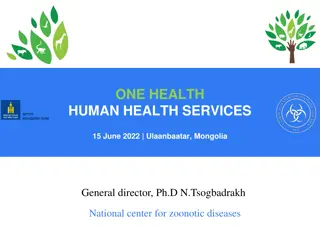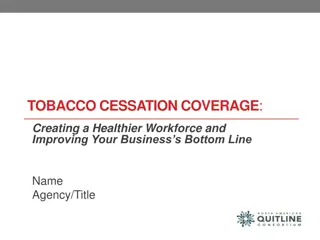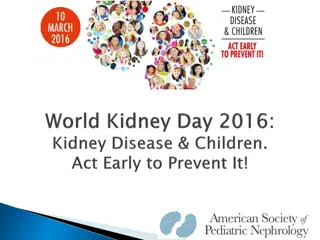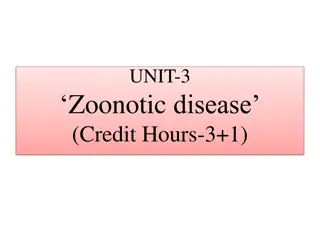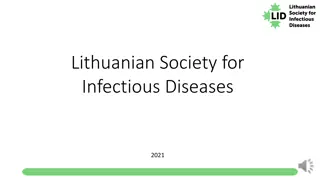Addressing Lifestyle-Related Preventable Diseases in Healthcare
The cost of lifestyle-related preventable diseases to the NHS is significant, with billions spent annually on treatment. There is an opportunity for NHS staff to engage in positive conversations about health with patients, promoting healthier choices through consistent messaging. MECC (Making Every Contact Count) is a behavior change approach that empowers individuals to take action for their health and well-being. The strategic context calls for increased support in prevention and public health, recognizing the impact of smoking, alcohol, weight, diet, and activity levels. Health inequalities in London highlight challenges such as smoking rates, poor mental health, excessive drinking, obesity, and lack of physical activity.
Download Presentation

Please find below an Image/Link to download the presentation.
The content on the website is provided AS IS for your information and personal use only. It may not be sold, licensed, or shared on other websites without obtaining consent from the author.If you encounter any issues during the download, it is possible that the publisher has removed the file from their server.
You are allowed to download the files provided on this website for personal or commercial use, subject to the condition that they are used lawfully. All files are the property of their respective owners.
The content on the website is provided AS IS for your information and personal use only. It may not be sold, licensed, or shared on other websites without obtaining consent from the author.
E N D
Presentation Transcript
THE CHALLENGE The cost of lifestyle related preventable disease to the NHS and wider system is significant. Every year 17.9 billion of the NHS budget is spent treating preventable diseases and conditions: almost one fifth of its annual budget.
THE OPPORTUNITY NHS and local authority staff each have millions of interactions with patients and the public every thirty six hours. Most people want to be healthy and improve their own health. Research has found that patients/residents welcome the opportunity to talk to staff about lifestyle issues, but don t start this conversation themselves as they think that staff are too busy to talk.
WHAT IS MAKING EVERY CONTACT COUNT? MECC is about staff giving consistent, simple health messages and signposting them to services that help improve their health and wellbeing. In London, the goal is to support frontline staff to start positive conversations about health and wellbeing with people they meet every day, supporting Londoners to make healthier choices.
LONDON MECC DEFINITION ''MECC is a scalable, behaviour change approach that encourages positive health and wellbeing choices through individual, organisational and environmental interactions. It involves enhancing, identifying and acting on the opportunities to engage people in conversations about their health in a respectful way to help them take action for their own health and well- being.
STRATEGIC CONTEXT The Five Year Forward View calls for a radical upgrade in prevention and public health by: increasing support available to help people to manage and improve their health and wellbeing ensuring behavioural interventions are available understanding impact on health of smoking, alcohol, weight and diet and activity levels recognising the need to change behaviour.
LONDONS HEALTH INEQUALITIES 15 per cent of Londoners smoke. Two million Londoners experience poor mental health every year. Over 20 per cent of adults regularly drink more than the recommended guidelines each week. Over 50 per cent of adults, and 38 per cent of children in year six, are overweight or obese. Over a third of adults don t undertake the recommended 150 minutes of exercise per week.
LOCAL PICTURE WHY DO WE NEED MECC? ? per cent of adults smoke. ? per cent of residents/patients experience poor mental health every year. ? per cent of adults regularly drink more than the recommended guidelines each week. ? per cent cent of adults, and ? Per cent per cent of children, are overweight or obese. ? Per cent of adults don t undertake the recommended 150 minutes of exercise per week.
LOCAL AUTHORITY LEVERS FOR IMPLEMENTING MECC Public Health England s strategic plan All Our Health One You Change for Life Action on cardiovascular disease: getting serious about prevention NHS Health Checks All of these initiatives aim to improve health behaviours and MECC is one tool that can help deliver on these programmes.
NATIONAL LEVERS FOR IMPLEMENTING MECC 1. Preventing ill health CQUIN NHS provider trusts will have to screen, deliver brief advice and refer patients who smoke and/or have high alcohol consumption in order to qualify for applicable CQUIN payments in 2017/18 and 2018/19. MECC or very brief advice as it is referred to in the CQUIN guidance is part of delivering on these CQUINS. Each year over four years these interventions could result in: 27 saved per patient receiving alcohol brief advice 13 saved per patient referred to stop smoking support (CQUIN NHS England).
NATIONAL LEVERS FOR IMPLEMENTING MECC 2. NHS standard contract MECC is now part of the NHS Standard Contract Service Conditions (Section SC8, page 11). The provider must develop and maintain an organisational plan to ensure that staff use every contact that they have with service users and the public as an opportunity to maintain or improve health and wellbeing, in accordance with the principles and using the tools comprised in Making Every Contact Count guidance.
NATIONAL LEVERS FOR IMPLEMENTING MECC 3. NICE guidance Recommendation 9: Deliver very brief, brief, extended brief and high intensity behaviour change interventions and programmes. Commissioners and providers of behaviour change services should; Encourage health, wellbeing and social care staff (see Who should take action?) in direct contact with the general public to use a very brief intervention to motivate people to change behaviours that may damage their health. The interventions should also be used to inform people about services or interventions that can help them improve their general health and wellbeing.
WILL THIS CREATE MORE WORK FOR STAFF? No - MECC capitalises on existing patient/resident contact and enhances what is already happening. MECC only requires offering basic information and signposting patients for further help. A 30 second conversation is all that is needed to inspire someone to act on a positive and healthy behavioural change.
THE BENEFITS OF MECC FOR OUR ORGANISATION Upskill staff to have the confidence to have conversations about lifestyle and/or wider determinates of health and knowing where to signpost people to. Create a culture of prevention where staff look at improving their own health as well as helping service users/residents to improve theirs. Improve job satisfaction for staff not traditionally involved in giving advice such as reception staff as they feel they can make a difference.
